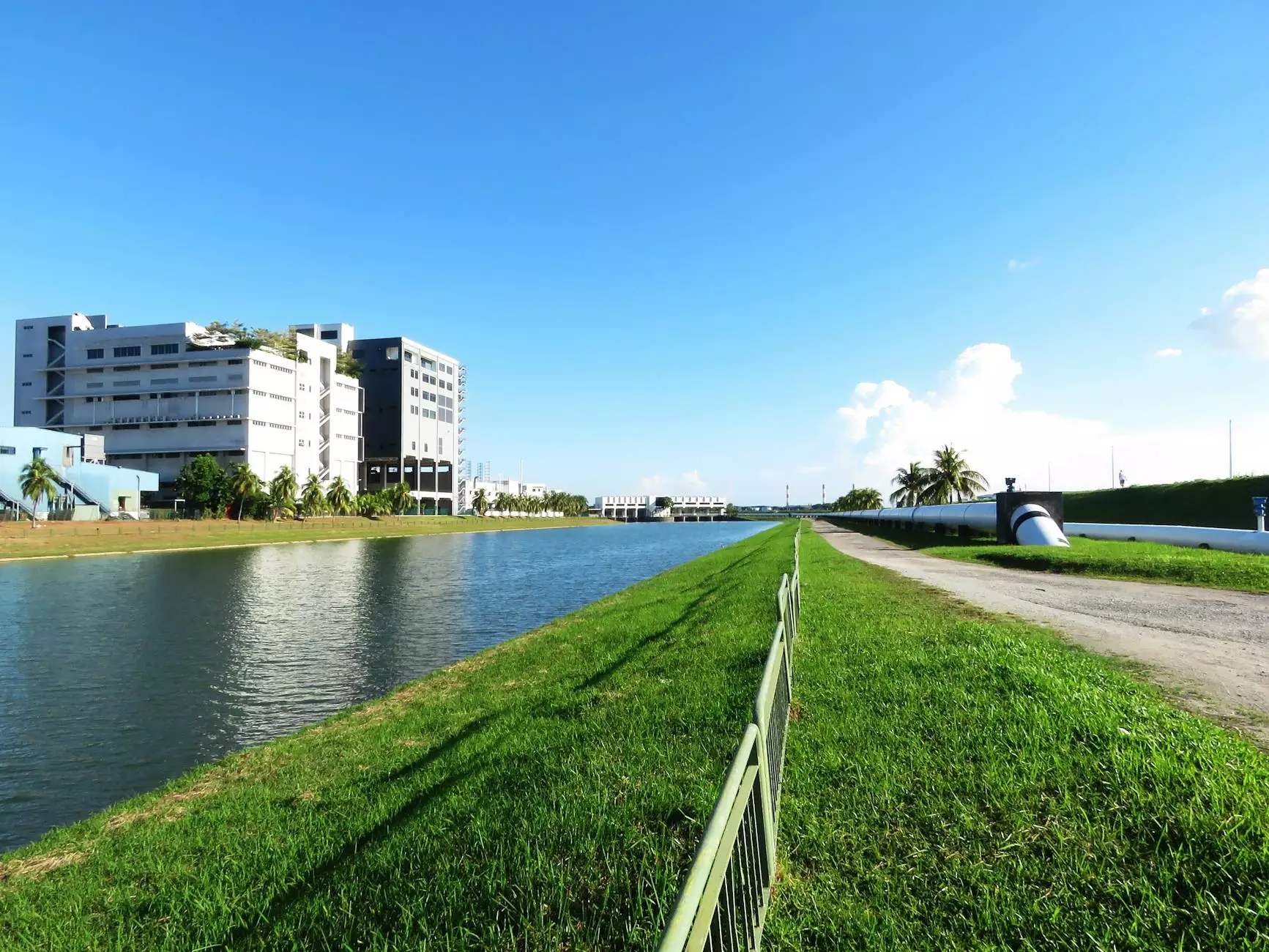The Ultimate Guide to Pipeline Contracts for Water Suppliers

When it comes to the critical infrastructure of water supply, pipeline contracts play a pivotal role in ensuring the seamless construction, maintenance, and operation of pipelines. In the realm of water suppliers, understanding the intricacies of these contracts is paramount to fostering successful partnerships and projects.
Key Terms and Elements in Pipeline Contracts
Pipeline contracts encompass a wide array of terms and obligations that govern the relationships between water suppliers and various stakeholders involved in the pipeline industry. Some of the key elements that are typically included in these contracts are:
- Scope of Work: This section outlines the specific tasks and responsibilities of each party involved in the pipeline project.
- Payment Terms: Details regarding payment schedules, milestones, and any penalties for delays in payment.
- Timeline: A clear timeline for the commencement and completion of the pipeline project, including key milestones.
- Quality Standards: Specifications for the materials, construction techniques, and safety measures to be adhered to during the project.
- Insurance and Liability: Provisions related to insurance coverage, liability limits, and dispute resolution mechanisms.
Legal Considerations in Pipeline Contracts
Pipeline contracts are legally binding agreements that require a thorough understanding of contractual law and industry regulations. It is essential for water suppliers to work with legal experts who specialize in pipeline contracts to ensure compliance with all relevant laws and standards.
Dispute Resolution Mechanisms
In the event of disagreements or disputes during the execution of a pipeline contract, having robust dispute resolution mechanisms in place can help parties resolve issues efficiently and minimize project delays. Common methods of dispute resolution include arbitration, mediation, and litigation.
Best Practices for Pipeline Contract Management
Effective pipeline contract management is crucial for the successful execution of water supply projects. Some best practices in this regard include:
- Regular Communication: Maintaining open lines of communication between all parties involved in the contract.
- Document Management: Keeping detailed records of all communications, change orders, and project updates.
- Risk Management: Identifying and mitigating potential risks that could impact the project timeline or budget.
- Compliance Monitoring: Ensuring that all project activities align with regulatory requirements and industry standards.
Conclusion
Pipeline contracts are the cornerstone of successful collaborations between water suppliers, contractors, and other stakeholders involved in the construction, maintenance, and operation of pipelines. By understanding and leveraging the key terms, legal considerations, and best practices associated with these contracts, water suppliers can navigate complex projects with confidence and efficiency.









